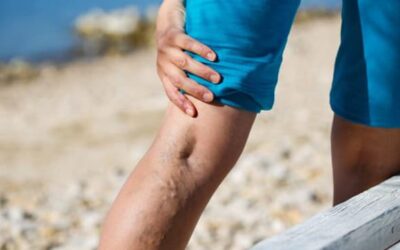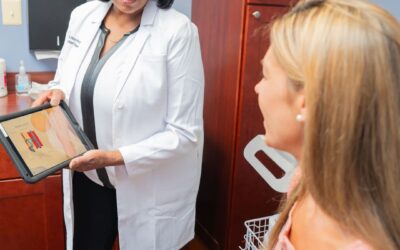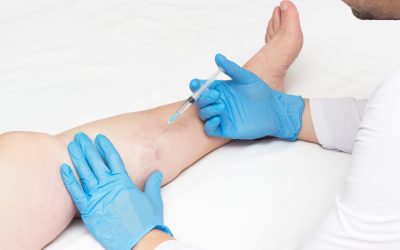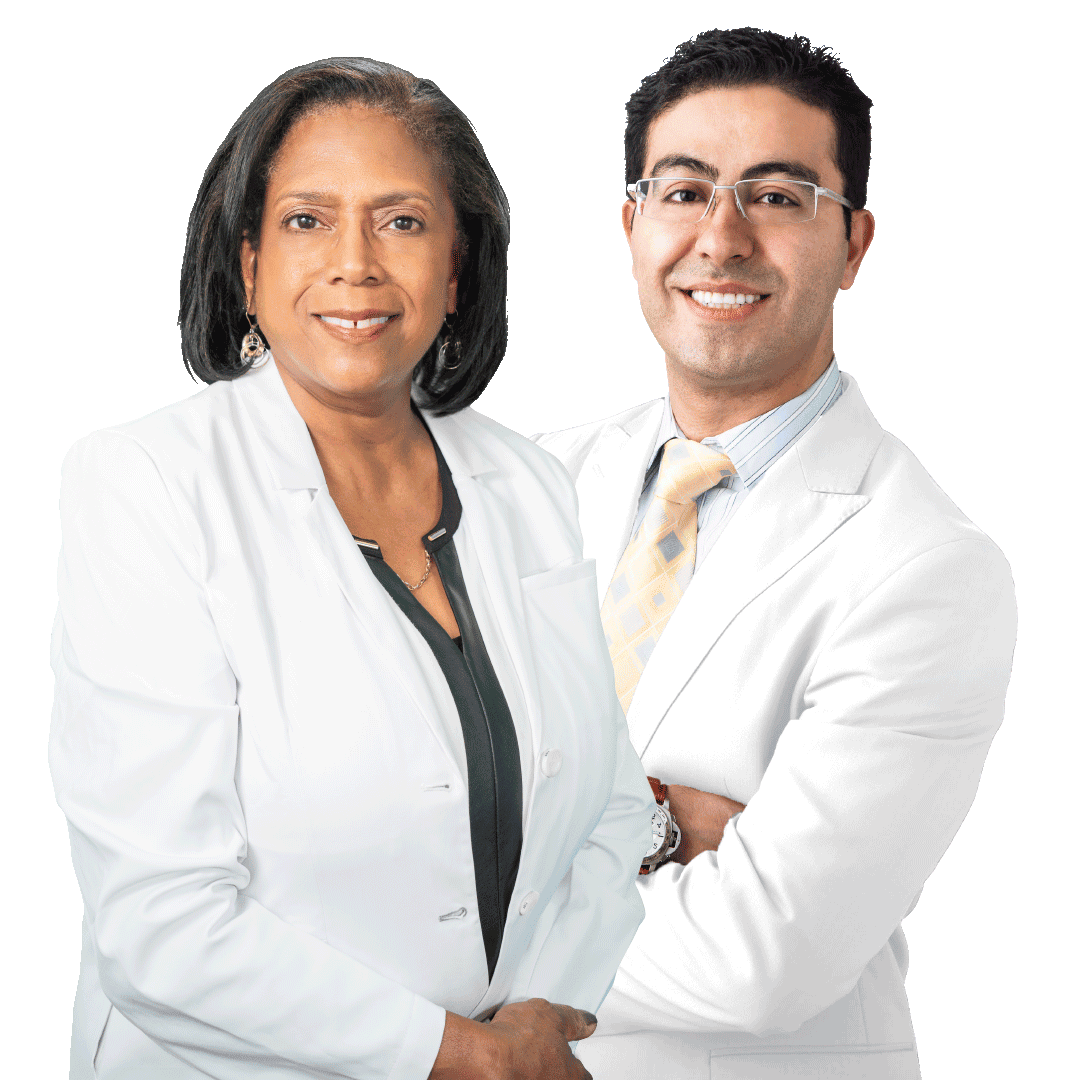Top Maryland Vein Doctors
What is a Vein Clinic? Your Vein Care Journey in Maryland
What is a vein clinic?
A vein clinic is a medical facility that specializes in the diagnosis and treatment of vein-related disorders. The most common type of vein disorder is varicose veins, which are enlarged, twisted veins that often occur on the legs. Other types of vein disorders include spider veins, which are small, red, purple, or blue veins that often occur on the legs and face; and deep vein thrombosis (DVT), which is a blood clot that forms in a deep vein, usually in the leg.
Vein clinics use a variety of diagnostic tests and procedures to evaluate vein disorders. These tests and procedures include a physical examination and an ultrasound. A physical examination is used to evaluate the appearance of the veins and to check for any signs of inflammation or infection. An ultrasound is used to create a picture of the veins and to check for any blockages. This test helps vein doctors determine if you have chronic venous insufficiency.
Vein clinics offer a variety of treatments for vein disorders. The most common treatment is sclerotherapy, which is a procedure that involves injecting a solution into the vein that damages the vein wall and causes the vein to collapse. Other treatments include endovenous laser therapy, which uses a laser to heat and damage the vein wall; and ambulatory phlebectomy, which is a surgical procedure that involves removing varicose veins through small incisions.
Maryland Vein Treatment is a state-of-the-art medical center specializing in the latest minimally invasive treatments for spider veins and varicose veins. Our vein doctors use cutting-edge diagnostic techniques to determine the root cause of your vein problems, following which they offer the latest minimally invasive procedures. We minimize the risk of vein disease recurrence and ensure a safe recovery process without complications. Your vein treatment in Maryland concludes within an hour and doesn’t involve downtime.
You can find our medical center for vein treatment at 10215 Fernwood Rd, Suite 301, Bethesda, Maryland, just outside of Washington, DC, in Silver Spring. Please schedule an appointment to explore your vein treatments in Maryland.
When do you need vein treatment?
There are many different reasons why people seek out vein treatment. Some people have cosmetic concerns, while others have medical conditions that require treatment. Still others simply want to improve their quality of life by getting rid of pain and discomfort. Most people who seek vein treatment do so because they have varicose veins or spider veins. Varicose veins are enlarged, twisted veins that usually develop in the legs. They can be painful and can cause a variety of other symptoms, such as heaviness, fatigue, itching, and burning.
While varicose veins and spider veins are the most visible symptoms of vein disease, you should contact a vein doctor when you notice the initial warning signs. The following are the initial warning signs of chronic venous insufficiency:
- Leg heaviness
- Leg swelling
- Frequent leg cramps
- Restless leg syndrome
- Throbbing leg veins
- Skin discoloration
There are several different types of vein treatment, and the best option for you will depend on the severity of your condition. If you have mild vein problems, your doctor may recommend lifestyle changes, such as wearing compression stockings, to improve blood flow. If your condition is more severe, your doctor may recommend a minimally invasive procedure to remove the damaged veins. If you have any of the signs and symptoms of chronic venous insufficiency, please contact your vein doctor in Maryland.
What happens during your vein treatment journey?
When you are ready to begin your journey to better vein health, the first step is to consult with a vein specialist. This consultation will help your vein specialist determine the best course of treatment for your specific needs. During your consultation, your vein specialist will review your medical history and perform a physical examination. They will also administer a duplex ultrasound test to look for underlying vein disease. Once your vein specialist has a better understanding of your condition, they will develop a treatment plan that is right for you.
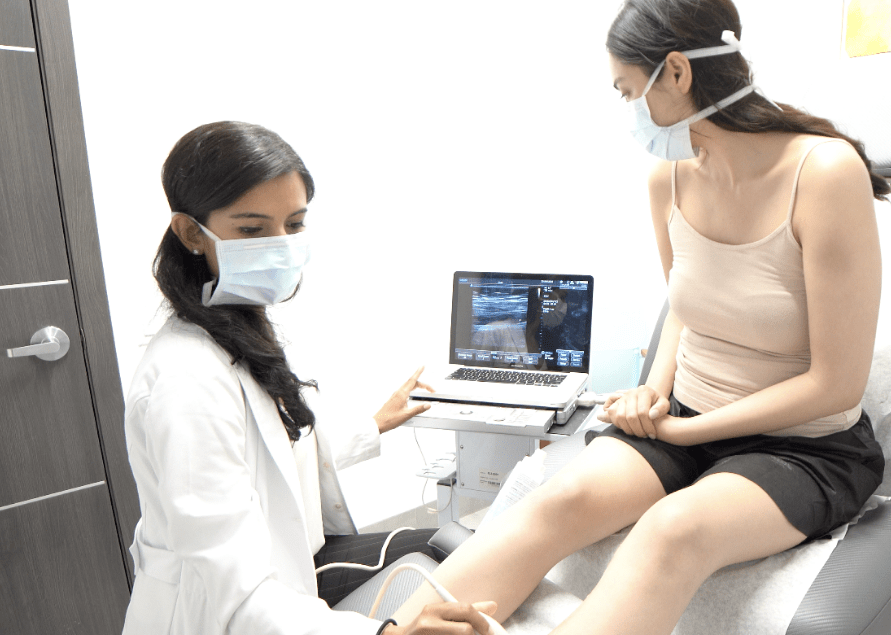
We know health insurance is confusing so we will help you check if you’re covered:
FREE Coverage Checker:

Visit Our Maryland Vein Treatment Center
There are a number of different treatments available for varicose veins, and the specific treatment that is right for you will depend on the severity of your condition.
- Radiofrequency Ablation: The vein doctor inserts a catheter into the diseased vein to channel thermal energy and destroy the saphenous vein.
- Endovenous Laser Ablation: The vein doctor uses laser energy, channeled via an endovenous laser, to destroy the diseased saphenous vein.
- VenaSeal: The vein doctor injects a medical-grade adhesive or vein glue into the diseased vein to fuse its walls shut and restore optimal blood circulation to the heart.
- Ambulatory Phlebectomy: The vein doctor makes extremely small incisions on the skin’s surface to physically extract the unwanted varicose veins.
- Sclerotherapy: The vein doctor injects a sclerosing agent into the spider veins to fuse their walls shut and turn them into hardened scar tissues soon reabsorbed by the body.
After your procedure, you will need to wear compression stockings to help reduce swelling and promote healing. You will also need to avoid strenuous activity for a period of time to allow your body to heal properly. Your vein specialist will follow up with you after your procedure to make sure that you are healing properly and to discuss any lifestyle changes that you may need to make to prevent future problems with your veins. The entire minimally invasive vein treatment should conclude within an hour and involve no downtime — you may resume your daily activities immediately.
